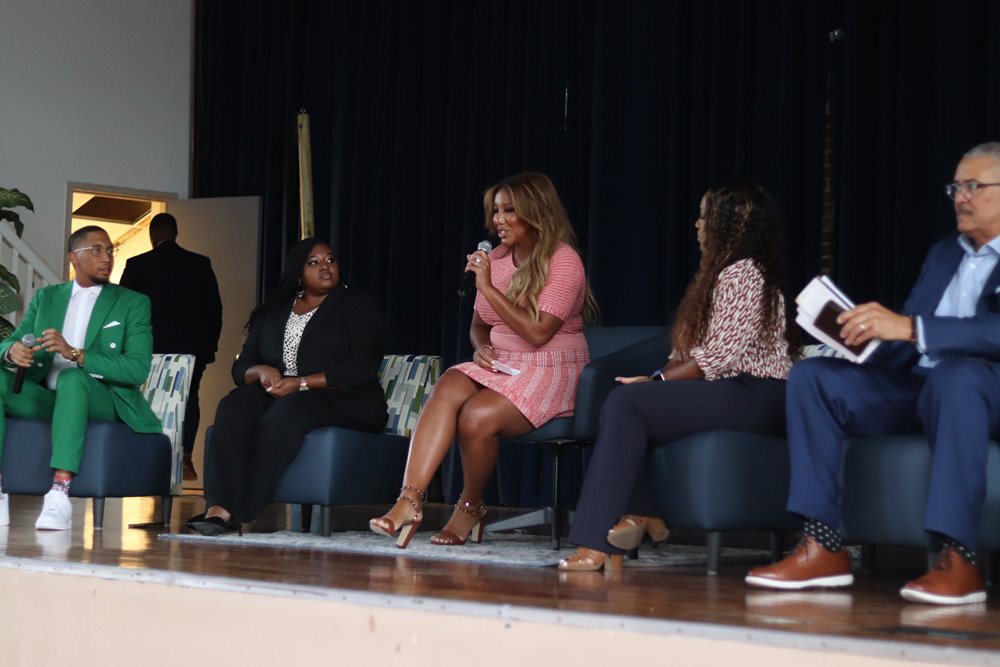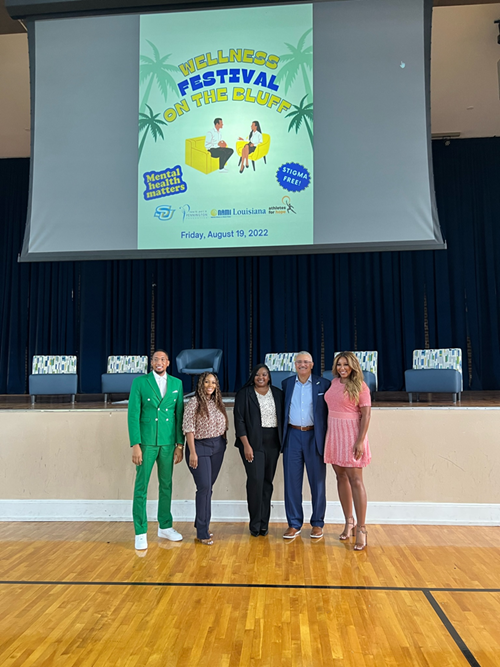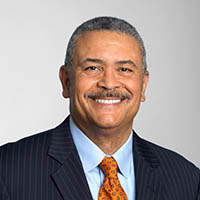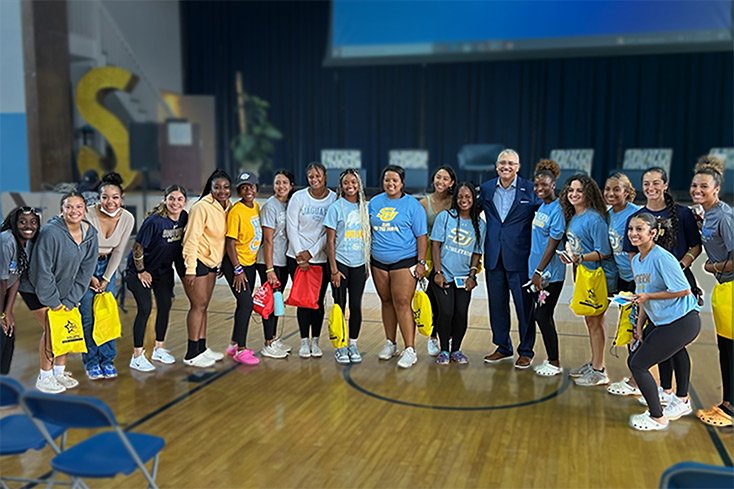[ad_1]
.nami.org/NAMI/media/NAMI-Media/BlogImageArchive/2022/Mental-Health-HBCU-Blog.jpg”/>
My heart was heavy when I learned that Arlana Miller, a freshman student athlete at my alma mater, Southern University, died by suicide earlier this year. Juno Pitchford, our Historically Black Colleges and Universities (HBCU) Engagement Manager here at NAMI immediately contacted me. He had attended Southern University as well. We both felt a strong need to travel to Baton Rouge, La. to be around the students and the community trying to figure out how to cope with this tragedy. A mental health event gave us an opportunity we needed.
We reached out to the local NAMI affiliates in the area and some of our contacts at Southern University, we planned ways to connect with people once we got there, and then, we showed up.
We got to be a part of an incredible event called the Wellness Festival on the Bluff, where booths were set up filled with resources for students and there were several speakers throughout the day. I even had the opportunity to speak on a panel with one of our NAMI National Ambassadors, Elise Banks.


We spoke with students about how there is no physical health without mental health. We spoke about breaking the stigma, especially in Black communities. We spoke about the importance of checking in with your friends and getting past the surface. We spoke about how to find help if you or someone you know is struggling.
It was a powerful event, and it was one that gave me a lot of opportunity to reflect. I thought a lot about my own college experience while I was there — my first time being far away from home, my first time being my own true decision maker, my first time thinking through what was going on with me.
I thought a lot about how important this kind of work is for HBCUs, which often don’t have the same amount of funding and resources as non-HBCUs. And I thought a lot with my team about how all of us in the mental health field have a responsibility to bridge gaps and build relationships with HBCUs to get their campuses and students the resources they need before a tragedy strikes.
We didn’t have a huge agenda when we made the trip out to Louisiana. We just wanted to be there. And I think that really is the first step: just showing up. It’s all about connection; it’s all about relationship. We often underestimate the power of presence.
It didn’t take long for me to learn just how much it meant to people that NAMI National had taken the time to be there. Darren and Tonja Myles, founders of Set Free Indeed Ministry, picked up Juno and I from the airport and handed me a brochure with my picture on it. After reading it closer, I realized that it said there was a reception that night honoring me — I couldn’t believe it.
After we got changed at the hotel, they drove us to an art gallery where the reception was taking place. The Louisiana state senator Regina Ashford-Barrow, assistant secretary of the office of behavioral health Karen Stubbs, and Mayor of East Baton Rouge Parish, Sharon Weston-Broome, gave speeches acknowledging all NAMI is doing and how important we are and have been to the community.
We spent the rest of the evening just getting to talk with so many different people in the room who were all passionate about mental health despite being from so many different backgrounds — city officials, young people, local leaders and advocates.
For me, this trip reinforced the importance of connecting, caring and being a part of community. It reignited my personal dedication to ensuring that HBCUs across the country are given the resources they need to thrive — physically, financially, spiritually, mentally.
The pandemic has taken a toll on everyone, but I think Damian Barr sums it up best when he says,
“We are not all in the same boat. We are all in the same storm. Some of us are on super-yachts. Some have just one oar.”
We need to make special efforts to reach out to communities like HBCUs because right now these are communities trying to paddle with one oar through the storm. .
There is a lot of work to do to create the equity and the healing we all want and are striving toward, but the first step is to build relationships, to build trust and to simply make the effort to be there.
HBCU Mental Health Reads & Resources:
 Daniel H. Gillison, Jr. is the chief executive officer of NAMI (National Alliance on Mental Illness). Prior to his work at NAMI, he served as executive director of the American Psychiatric Association Foundation (APAF) in addition to several other leadership roles at various large corporations such as Xerox, Nextel, and Sprint. He is passionate about making inclusive, culturally competent mental health resources available to all people, spending time with his family, and of course playing tennis. You can follow him on Twitter at @DanGillison.
Daniel H. Gillison, Jr. is the chief executive officer of NAMI (National Alliance on Mental Illness). Prior to his work at NAMI, he served as executive director of the American Psychiatric Association Foundation (APAF) in addition to several other leadership roles at various large corporations such as Xerox, Nextel, and Sprint. He is passionate about making inclusive, culturally competent mental health resources available to all people, spending time with his family, and of course playing tennis. You can follow him on Twitter at @DanGillison.
[ad_2]
Source link

